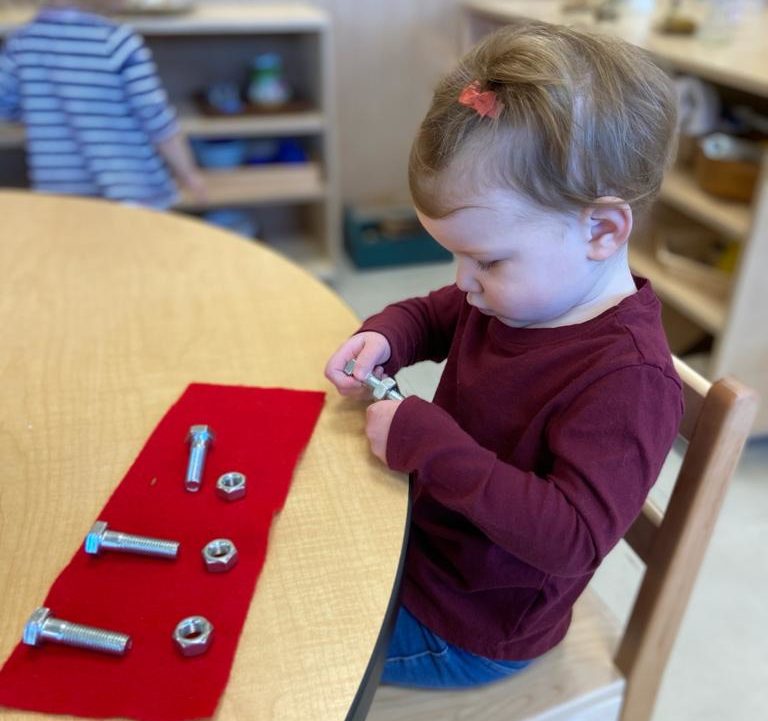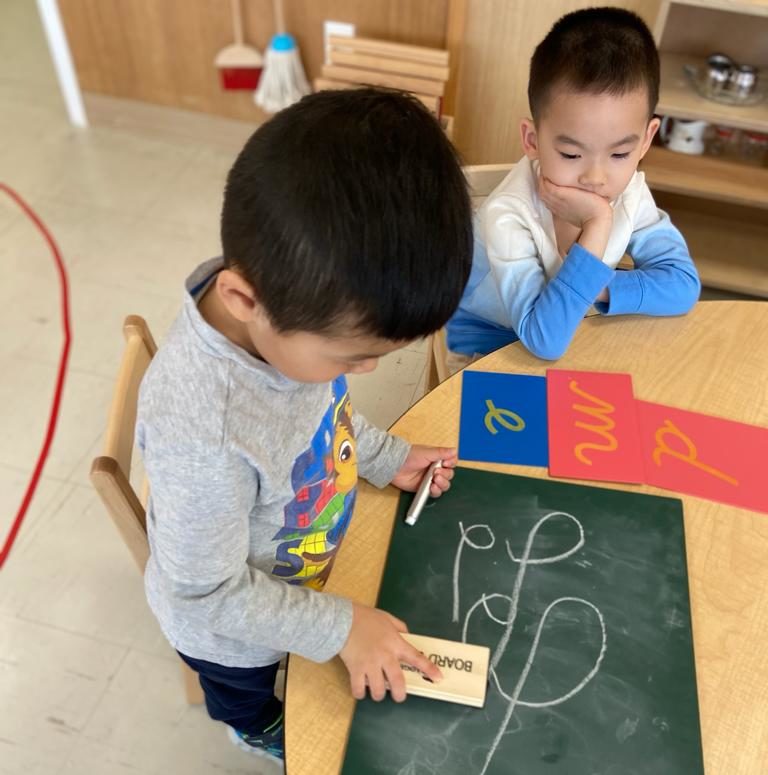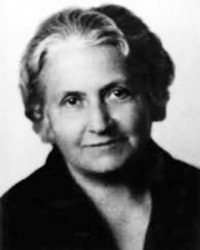The name Montessori is not protected by any trademark or copyright. The Association Montessori Internationale (AMI) was founded by Maria Montessori and her son Mario Montessori in 1929, in order to protect the integrity of Dr. Montessori’s life’s work. The AMI continues to work in various capacities around the world on behalf of children and Montessori education.
Parents in North America seeking trusted high quality Montessori programs requested a system to help them identify the schools following AMI’s standards or quality and authenticity. In 1973, the AMI Recognition program for schools was started in the United States and it followed in the early 1980’s in Canada. It has continued, since then, in both countries as a means to certify AMI quality and standards and to assure parents that the program they have selected adheres to rigorous international standards of Montessori education.
The Association Montessori Internationale has expanded quality assurance beyond the United States and Canada and is now collaborating with countries around the world as part of a global AMI quality assurance program. In Canada, this is known as Montessori Quality Assurance, Committed to Principles of the Association Montessori Internationale.
Montessori Quality Assurance is a voluntary program for Montessori schools in Canada. Those schools requesting AMI Montessori Quality Assurance want to identify themselves as schools that are committed to AMI educational principles and practices. Each Montessori school operates independently and is either privately owned or operated as a non-profit organization. Schools with young children must also follow all provincial guidelines appropriate for children in the age range it serves.
The Montessori Quality Assurance program welcomes all Montessori schools striving to follow AMI principles and practices. Participation in the Montessori Quality Assurance process sets schools on a path of continued growth and improvement. The Essential Characteristics of AMI Environments in support of the full development of the human being comprise the core criteria of an AMI certified program. Coaching and mentorship through consultation assist the school in the process of aligning all areas of the program with AMI practices and principles.
Participating Member schools will:
- commit to working toward the Essential Characteristics of AMI Environments in support of the full development of the human being. These characteristics are the backbone of authentic quality Montessori environments. They reflect the principles set out by Dr. Maria Montessori in order to best serve the developmental and learning needs of children at various stages of development
- engage in annual consultation by Trained AMI Consultants
- commit to ongoing staff development through attendance at AMI workshops, conferences and refresher courses
Schools that meet all of the Essential Characteristics of AMI environments in support of the full development of the human being may apply to receive an AMI Certificate of Recognition and may advertise the school as an AMI Recognized school.
AMI Recognized schools will:
- meet the Essential Characteristics of AMI Environments in support of the full development of the human being
- engage in consultation by Trained AMI Consultants every three years
- commit to ongoing staff development through attendance at AMI workshops, conferences and refresher courses
The Montessori Quality Assurance program in Canada is administered by Association Montessori Internationale (Canada).
A list of AMI Montessori Schools by province in Canada can be found here.



